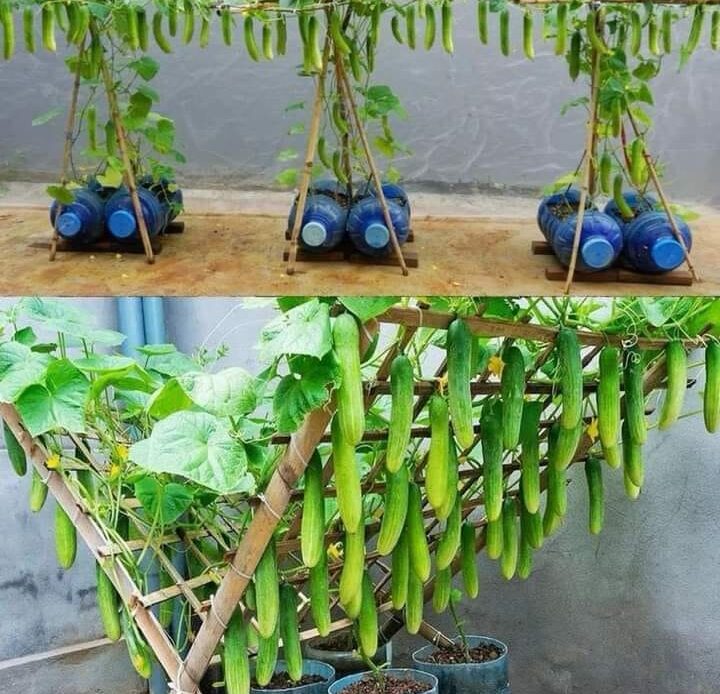Every gardener dreams of a bountiful harvest filled with juicy tomatoes, crisp cucumbers, and an abundance of fresh vegetables. However, achieving a high yield requires more than just planting seeds and watering them regularly. The secret to maximizing your harvest lies in providing your plants with the right nutrients and care. By incorporating these eight powerful techniques, you can significantly enhance plant growth, boost fruit production, and enjoy a thriving vegetable garden.
### **1. Bone Meal: A Rich Source of Phosphorus and Calcium**
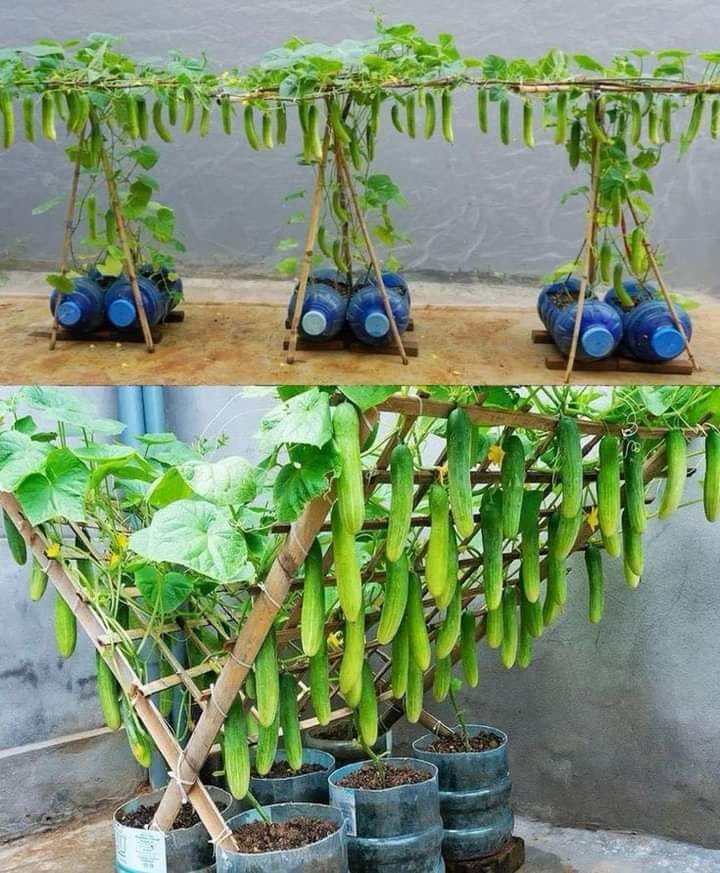
Bone meal is an excellent organic fertilizer that provides essential nutrients to plants, particularly phosphorus and calcium. These nutrients play a crucial role in flower and fruit development while also preventing common issues like blossom end rot.
#### **How to Use Bone Meal in Your Garden**
– Apply bone meal to the soil before planting vegetables such as tomatoes, peppers, and cucumbers, which require high phosphorus levels for healthy fruiting.
– Mix it into the soil at the base of your plants or add it to compost for slow nutrient release.
– Use bone meal in moderation, as excessive application can lead to nutrient imbalances.
By incorporating bone meal into your gardening routine, you can enhance root strength, improve flowering, and increase overall vegetable production.
### **2. Organic Compost: The Ultimate Soil Booster**
Compost is often referred to as “black gold” because of its incredible benefits for soil health. It improves soil structure, enhances moisture retention, and provides essential nutrients, including nitrogen, phosphorus, and potassium.
#### **How to Make and Use Organic Compost**
– Create a compost pile using kitchen scraps, yard waste, and organic materials such as leaves and grass clippings.
– Allow the compost to decompose over time, turning it occasionally to speed up the process.
– Apply compost to your garden beds before planting and as a mulch around existing plants to enrich the soil.
A well-balanced compost pile will foster healthy microbial activity in the soil, leading to stronger, more productive vegetable plants.
### **3. Epsom Salt: A Secret Weapon for Plant Health**
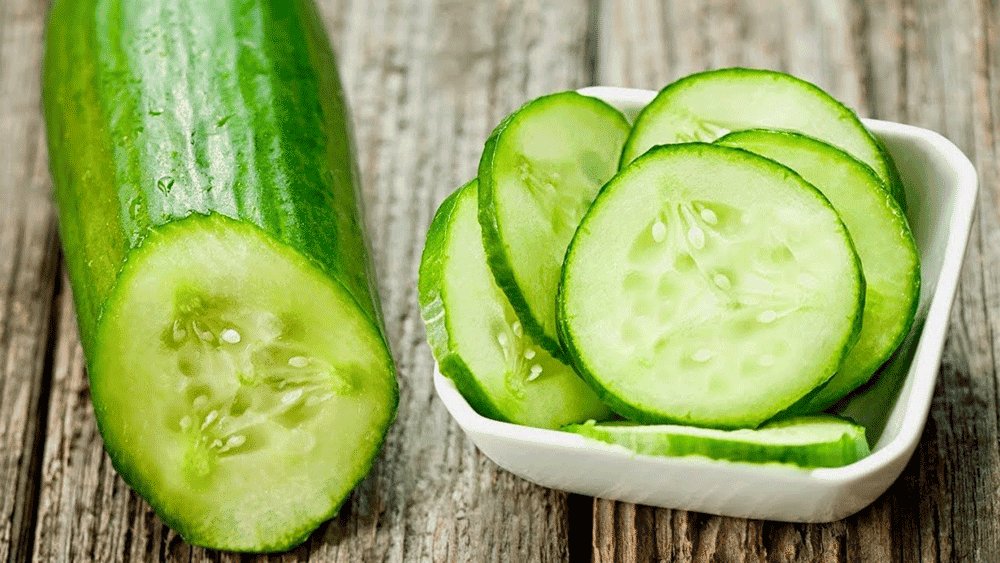
Epsom salt is a natural source of magnesium, an essential nutrient that aids in chlorophyll production, improves nutrient absorption, and enhances plant growth.
#### **How to Use Epsom Salt for Vegetables**
– Dissolve one tablespoon of Epsom salt in a gallon of water and apply it as a foliar spray once a month.
– Sprinkle a small amount of Epsom salt directly into the soil around the base of plants to improve root development.
– Use it for magnesium-deficient plants, such as tomatoes, peppers, and beans, to prevent yellowing leaves and weak growth.
By integrating Epsom salt into your gardening routine, you can support healthy leaf growth and increase vegetable yields.
### **4. Fish Emulsion: A Powerful Natural Fertilizer**
Fish emulsion is a nitrogen-rich organic fertilizer made from fish byproducts. It provides an excellent source of readily available nutrients that promote vigorous plant growth and improve soil health.
#### **How to Apply Fish Emulsion to Your Garden**
– Dilute fish emulsion with water according to the package instructions and apply it as a liquid feed to vegetable plants every two weeks.
– Use it in the early growing stages to encourage strong foliage and root development.
– Apply fish emulsion as a foliar spray to give plants an instant nutrient boost.
With regular use, fish emulsion can enhance plant vitality, resulting in lush green growth and increased fruit production.
### **5. Coffee Grounds: A Natural Soil Conditioner**
Coffee grounds are an excellent addition to the garden, offering several benefits such as improved soil structure, better drainage, and a slow-release source of nitrogen.
#### **How to Use Coffee Grounds in Your Garden**
– Sprinkle used coffee grounds around the base of vegetable plants to enrich the soil.
– Mix coffee grounds into compost to add organic matter and improve microbial activity.
– Use them as a natural pest deterrent to repel slugs, snails, and ants.
By incorporating coffee grounds into your soil, you can enhance nutrient availability and create an ideal growing environment for vegetables.
### **6. Eggshells: A Calcium-Rich Soil Amendment**
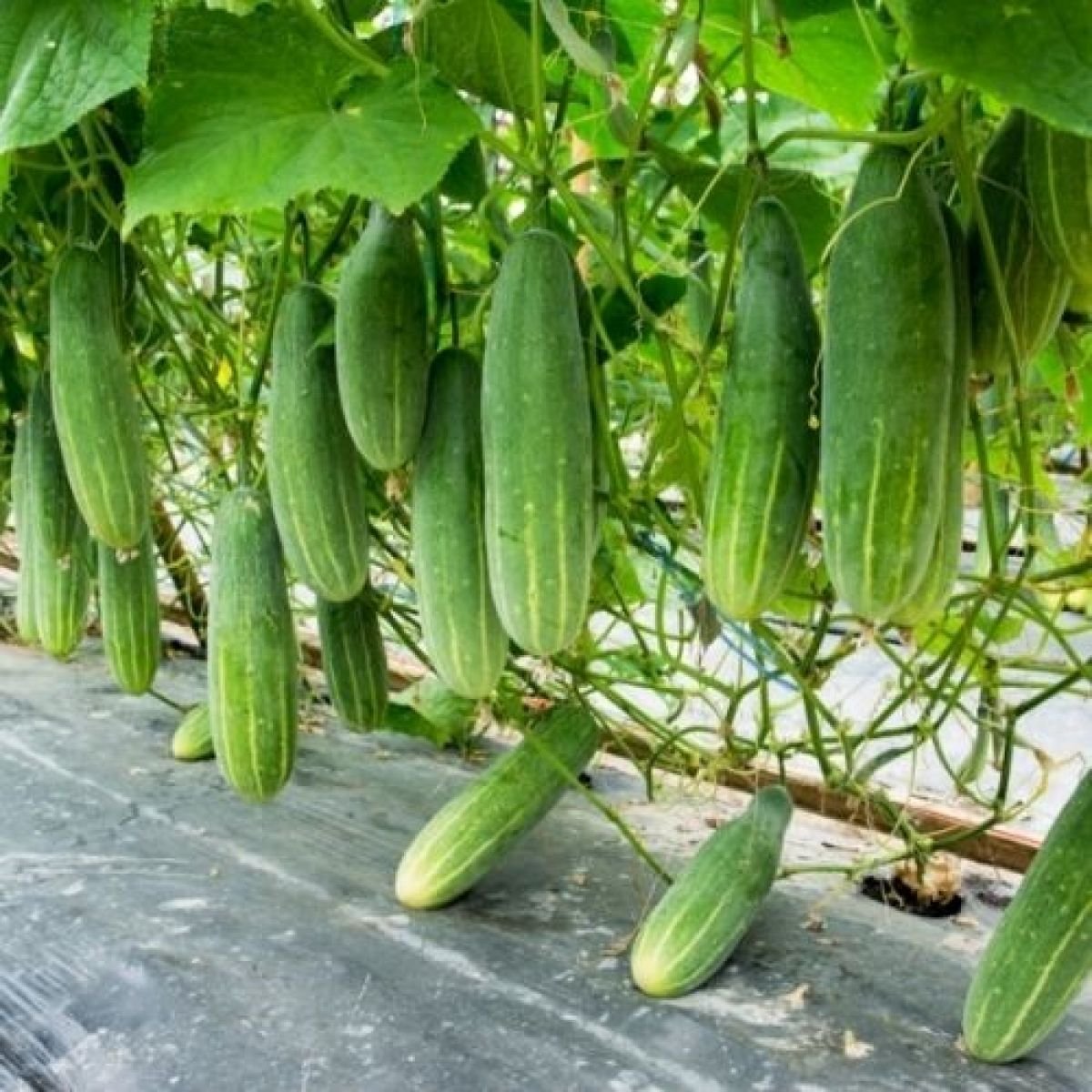
Eggshells are a great source of calcium, which is essential for preventing blossom end rot and strengthening plant cell walls.
#### **How to Prepare and Use Eggshells for Your Garden**
– Rinse and dry eggshells before crushing them into small pieces.
– Scatter the crushed eggshells around plants like tomatoes and peppers to supplement calcium levels in the soil.
– Add eggshells to compost to improve its nutrient content.
Regular application of eggshells can help prevent nutrient deficiencies and promote healthier vegetable crops.
### **7. Seaweed Extract: A Growth-Boosting Elixir**
Seaweed extract is packed with trace minerals, natural growth hormones, and essential nutrients that stimulate plant development and increase resilience against stress factors.
#### **How to Use Seaweed Extract in Your Garden**
– Dilute seaweed extract with water and use it as a foliar spray to enhance nutrient uptake.
– Apply it to soil to improve root growth and boost plant immunity.
– Use it throughout the growing season to encourage continuous vegetable production.
By incorporating seaweed extract into your gardening regimen, you can promote vigorous growth and maximize vegetable yields.
### **8. Molasses: Feeding Beneficial Microbes in the Soil**
Molasses is a lesser-known gardening secret that feeds beneficial soil microbes, improves soil structure, and enhances plant health.
#### **How to Use Molasses for Better Plant Growth**
– Mix one tablespoon of unsulfured molasses with a gallon of water and apply it as a soil drench.
– Use molasses in compost tea to accelerate microbial activity and nutrient breakdown.
– Apply it during flowering stages to encourage better fruit set and sweeter vegetables.
With regular use, molasses can help create a thriving soil ecosystem that supports higher vegetable yields.
### **Conclusion: Transform Your Garden with These Proven Techniques**
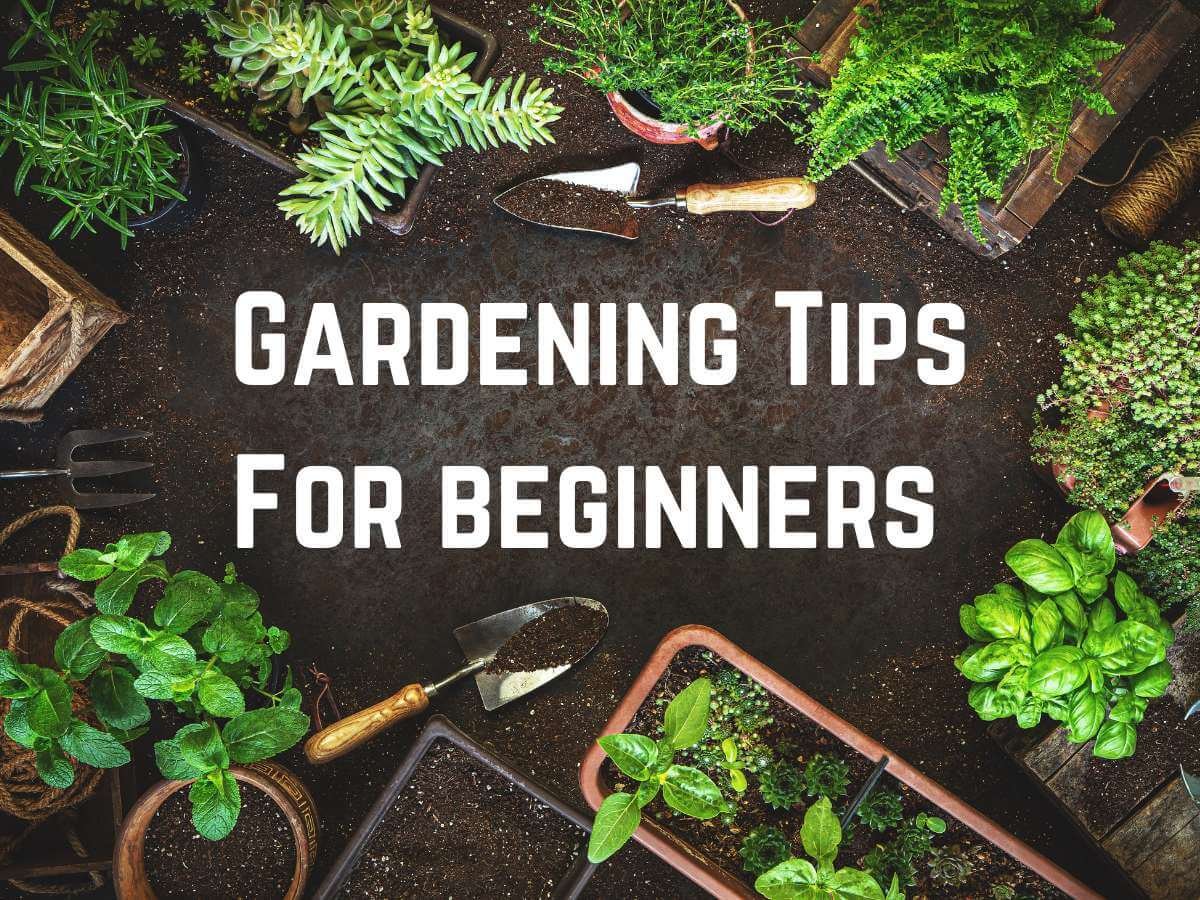
Growing an abundant vegetable harvest requires a combination of proper nutrition, soil health, and plant care. By implementing these eight powerful strategies, you can significantly improve the growth, resilience, and productivity of your plants. Whether you are adding organic compost, using natural fertilizers like fish emulsion and bone meal, or enriching the soil with coffee grounds and eggshells, these techniques will help you achieve a more fruitful and sustainable garden.
Start applying these gardening secrets today and experience the joy of harvesting more tomatoes, cucumbers, and other vegetables than ever before.
